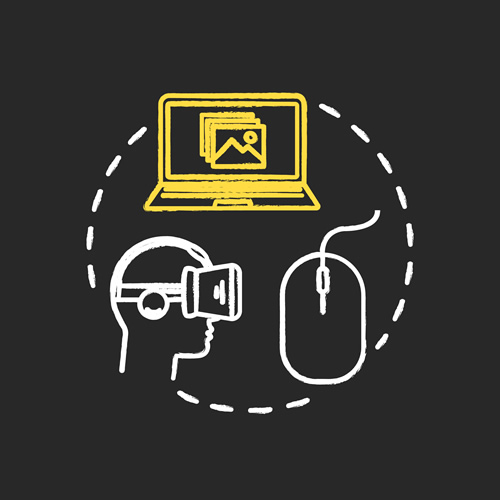Each year, we share our 10 most-read stories. Not surprisingly, many of this year’s Top 10 focused on student engagement and online or hybrid learning strategies related to pandemic teaching. This year’s 6th most-read story focuses on how virtual field trips can engage even the most reluctant STEM learners.
It’s January. Winter break is over, and the rest of the school year–whether in person, hybrid, or virtual–seems never-ending. And while traditional field trips are on pause while COVID still spreads, virtual field trips are still very much possible.
Hands-on STEM subjects are challenging to teach when students aren’t in the classroom all the time, and student engagement is also a challenge during COVID. Virtual field trips address both of these persistent roadblocks.
Virtual field trips can help students get a front-row look at STEM outside of the classroom. Where can those engineering concepts you learn during school take you in adulthood? Is it possible to be creative in a STEM career?
Here are some virtual field trips highlighting STEM careers and experiences:
1. Slime in Space: What happens when you send Nickelodeon slime to the International Space Station? That’s exactly what a group of NASA astronauts set out to answer, and we want you and your kids to come along for the ride! This free 15-minute virtual field trip will take kids 250 miles above earth to see how slime, and water, react in a microgravity environment. It’s truly out of this world!
2. Innovation Generation: Transport students beyond the walls of the classroom and into a Stanley Black & Decker Makerspace where making and doing is a way of life! Inspire your students to be agents of innovation. Working alongside the experts of the Stanley Black & Decker Makerspace, students will see and experience first-hand how math, science, technology, creativity and teamwork can lead to technological advancements in our everyday lives.
3. Internet of Things: Infinite Possibilities Virtual Field Trip: The Internet of Things refers to a collection of computing devices – such as smart speakers, thermostats and sensors –which are connected to a network to allow for an improved real-time data to better manage two of the most critical resources to humanity: energy and water. Students will get an exciting look at how the internet they use in their everyday lives can be used to conserve natural resources, protect ecosystems, and create safer, more sustainable communities.
4. ecoAction Virtual Field Trip: We’re traveling to Seattle to see how Boeing is incorporating sustainable practices and innovations as they pertain to sustainable air travel, natural resource preservation, water quality control, and waste management. Follow along to learn some easy ways you and your community can be sustainable, too!
5. Girls Get Stem – Unleash Your Inner Scientist: Have your classroom join us as we experience a brand-new kind of camp – it’s not just swimming, sun, and s’mores – but STEM! Tune in to transport students to the STEM Center of Excellence where STEM will come to life in new and unexpected ways.
6. Gray, Green, Blue: Water Security and YOU!: People, businesses and industries, recreation, waste removal, transport, nature, and even lawn care all require water. Making sure there’s enough reliable, clean water for the health and livelihoods of people and natural environments is what we mean by water security, and it is one of the biggest challenges we face. Learn how nature can play a role in ensuring water security and what YOU can do to help!
7. The National Museum of Computing: The museum has virtually opened its doors for anyone to visit and take a tour of the world’s largest collection of working historic computers. Wherever you live, you can now journey through the history of modern computing from its very beginnings to the present day–from the comfort of a PC or device. You can stroll through our new, virtual experience–unguided or with one of the museum’s experts for a live, virtual tour where you will gain first-hand insight and knowledge about the 50,000 artifacts in the museum’s unique collection.
8. Museum of Science Virtual Field Trips: Students can talk with experts, observe leafcutter ants in action, discover the science behind Pixar Animation Studios, explore and identify animal skills, and more.
- Friday 5: Virtual field trips - April 26, 2024
- Google, MIT RAISE launch no-cost AI training course for teachers - April 26, 2024
- 4 ways to support work-based learning - April 23, 2024


